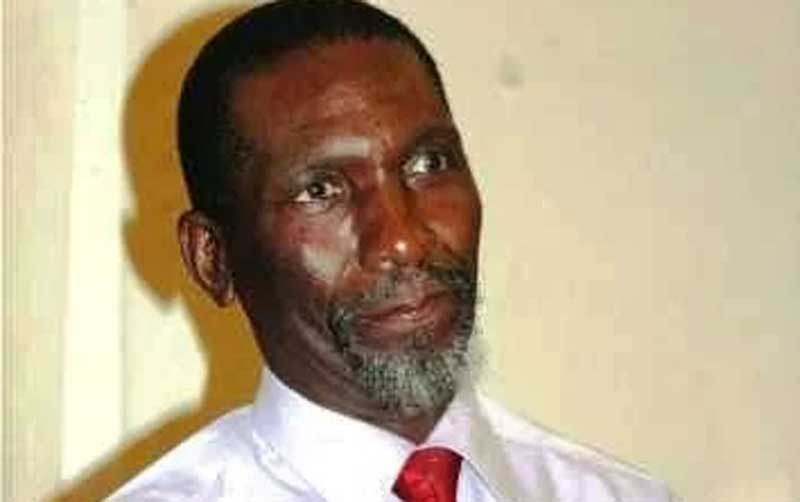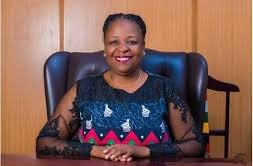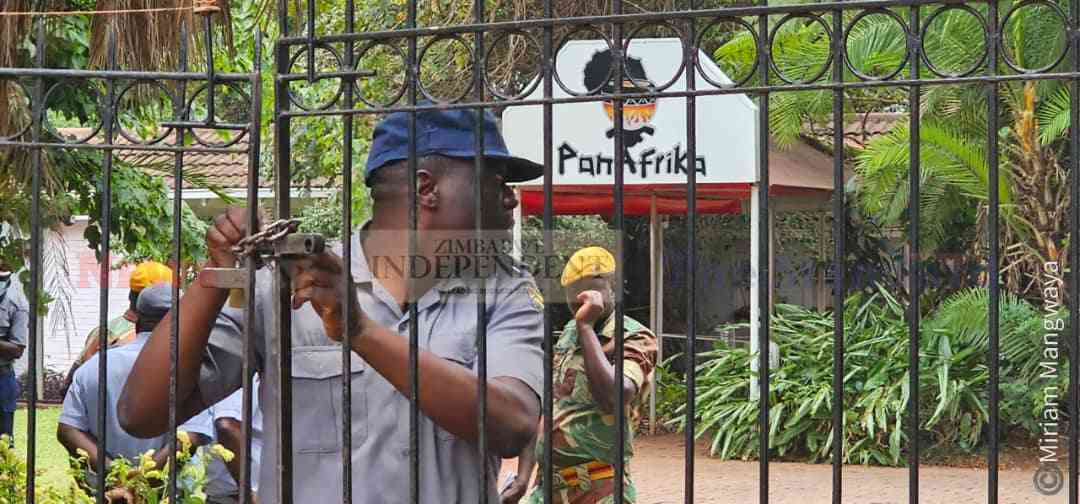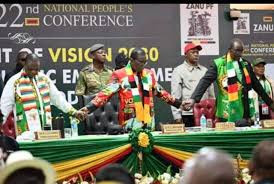
OPPOSITION leader Moses Mzila-Ndlovu says the PF Zapu leadership may have let down its supporters at independence by refusing to demand an equitable share of power with Zanu after the disputed 1980 elections.
Mzila-Ndlovu, the leader of the Freedom Alliance (FA), made the comments in an article titled: ‘Hindrances to freedom in Matabeleland’ published in his party’s latest newsletter.
“However, soon after independence, having been disarmed by Britain and its surrogates within the liberation movement, Zapu became an albatross upon our necks as its leadership refused to demand an equitable share of power despite the fraudulent electoral outcome of 1980, to accept the key motive of (late former president) Robert Mugabe and his ilk when they executed the Gukurahundi genocide upon us in pursuit of a tribal cleansing agenda,” Mzila-Ndlovu said.
PF Zapu leader Joshua Nkomo, the late Zanu leader, took part in the Lancaster House talks that brought the liberation war to an end and established Zimbabwe as a majority-led state.
In the subsequent election, Mugabe’s Zanu took 57 seats to Nkomo’s 20.
Nkomo joined a coalition government as minister for Home Affairs but was dismissed and placed under house arrest in 1982, accused of plotting against Mugabe.
Mugabe, then a Prime minister, claimed huge amounts of arms had been uncovered on farms owned by Zapu for use to overthrow his government.
He later unleashed the Fifth Brigade to crack against alleged dissent to his rule in Midlands and Matabeleland with Nkomo’s supporters being the main victims.
- Zapu deputy SG quits
- New perspectives: Why Zanu, Zanu PF were successful in the 1970s, 80s and 90s
- Divisions rock Zapu
- Zapu let down supporters, Mzila-Ndlovu
Keep Reading
Mzila Ndlovu said neither would Zapu demand justice for the victims following the signing of a Unity Accord in 1987 after Nkomo agreed to become vice president to put a stop to the mass killings.
“Zapu merely overextended the nationalist ideology that was increasingly coming under criticism. Pressure from its leftist wing, the Marxists within the party who had in fact created the exile base to push the struggle beyond ordinary flag independence,” he said.
Contacted for comment Zapu spokesperson Mso Ndlovu dismissed Mzila-Ndlovu’s opinion as revision of history influenced by alleged ignorance.
“Once the Zimbabwe question was set to be addressed by elections at Lancaster house, the voters had to be the final arbiters and would determine how power would be shared,” the Zapu spokesperson said.
“Mzila should understand that. Zapu has continued to demand justice for Gukurahundi and Mzila-Ndlovu has been part of those among us making these demands, but today he wants to feign ignorance for publicity.”










